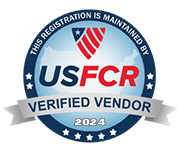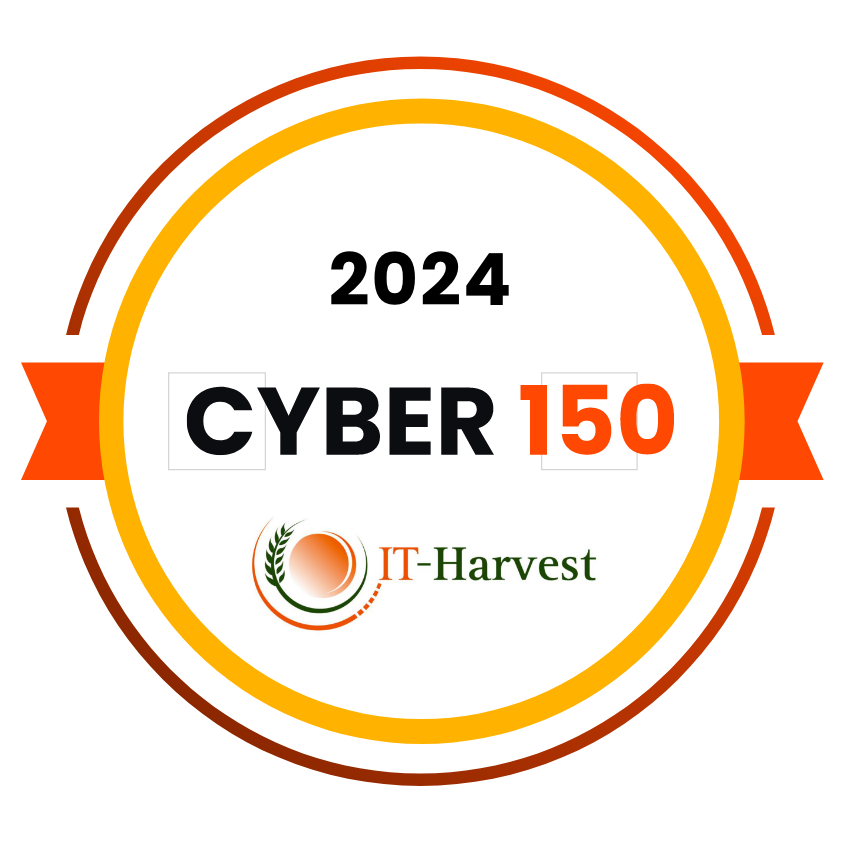
You’ve heard about the COVID-19 vaccination requirements for healthcare workers and federal employees. But now, The Occupational Safety and Health Administration (OSHA) has issued an emergency temporary standard (ETS) for the private sector. The exact fate of the standard hangs in the balance after a stay issued and reinforced by the U.S. Court of Appeals for the Fifth Circuit stipulating that OSHA may not implement or enforce the standard until directed otherwise.
In the meantime, The National Law Review advises that employers continue to prepare “in the event the rule is upheld of the Fifth Circuit’s stay is lifted.” So what’s at the center of the hotly debated standard? In an effort to better protect workers and reduce the number of infections and overall transmissibility of COVID-19, about 84 million workers would need to get vaccinated before showing up to work.
For you, as an employer, that means a whole new slew of data to collect, manage and securely store for the duration of the ETS. It also means new potential noncompliance fines.
For all the details and supporting evidence, you can check out the entire report here – but it does happen to be nearly 500 pages long. Let’s break down some key points and action items so you can prepare the proper systems and processes to protect both your people and your bottom line.
The proposed deadline: January 4, 2022
The basics
Private businesses with 100 or more employees would have to require all employees to get a COVID-19 vaccination. Employees would have to be fully vaccinated by January 4 – which means you need to start now, if you haven’t already. You don’t have to turn your facilities into a vaccination site, but you do need to provide paid time off for employees to go and get their shots.
Who’s exempt?
The vaccination requirement doesn’t apply to workers who:
- Are 100% remote
- Work exclusively online
- Have medical conditions, disabilities and/or religious affiliations that exclude them from receiving the vaccine
This ETS only applies to big companies – so why should I care if my company is smaller than 100 employees?
For now, the ETS would only impact companies with a large number of employees – but that may not always be the case. OSHA is currently seeking comment on the implementation of a similar policy for companies with fewer than 100 employees. So, these requirements may become the status quo for the entire private sector in the near future.
What if my employee refuses to get vaccinated?
The vaccination requirement doesn’t apply to workers who:
- Are 100% remote
- Work exclusively online
- Have medical conditions, disabilities and/or religious affiliations that exclude them from receiving the vaccine
This ETS only applies to big companies – so why should I care if my company is smaller than 100 employees?
For now, the ETS would only impact companies with a large number of employees – but that may not always be the case. OSHA is currently seeking comment on the implementation of a similar policy for companies with fewer than 100 employees. So, these requirements may become the status quo for the entire private sector in the near future.
For employees who elect not to receive the vaccine, two additional requirements come into play.
- Unvaccinated employees must receive a COVID test every seven days and deliver the result to the employer (this is data you will have to manage)
- They must also wear a face covering when indoors or in a car with another employee
Things to keep in mind :
- The proposed deadline for requiring unvaccinated employees to wear masks is sooner than the rest of the mandate – December 5, 2021.
- There’s a few exceptions to the mask requirement, like when the employee is alone in a room with floor to ceiling walls and the door is closed, while the employee is eating or drinking, when the employee needs to be identified, etc.
- It’s up to employees to pay for tests. This is meant to create a financial incentive for employees to choose the free vaccination over the cost of weekly testing.
What would I have to do if an employee were to test positive for COVID-19?
If one of your employees receives a positive COVID-19 test, they are required to notify you. On your end, you must immediately remove any employee from the workplace who has either:
- Received a positive test result
- Been diagnosed by a licensed healthcare provider
In all cases, you’ve (potentially) got new data to manage and protect.
Although the ETS allows companies to use their existing systems and processes to manage vaccination data, one thing remains clear: for as long as the ETS remains in effect, you must maintain confidential records of every employee test and all vaccination records. In other words, you need to treat this information like you would any other confidential medical record.
That’s a high volume of data that you will need to securely collect and store. A manual approach is likely to be time-consuming and error-prone – which can also negatively impact the employee experience at your organization. Change is hard enough in the best of circumstances – so make sure you have an automated, convenient and secure approach that helps everyone check this new box and get on with their day, whichever route they choose.
Noncompliance will cost you – it’s just a question of how much
Yes, implementing new requirements means time and money – but ignore the ETS at your own financial risk. The penalty for a serious violation starts at $13,653 but can go as high as $136,532 for companies who knowingly violate the rules set forth by the standard.
You’ve got our support.
Obviously, we don’t yet know exactly what will happen with the ETS. But should it proceed, there’s very little time to hit the mark on these new requirements. There’s also some good news: our Vaccination Management Solution helps you maintain a secure record of all the new data using your existing systems. Plus, we can help you position your employees to easily and safely upload and update that information themselves using a mobile app and/or self service portals.
The entire process is automated, so no one loses time over repetitive processes or avoidable mistakes. You can even sync vaccination and testing data with employee identities to automate an employee’s physical access to company facilities, creating an additional layer of security and safety.
You’ve got potential new requirements to meet – and we can help you get there faster, while keeping your company safer in the process. Let’s connect to continue the conversation on accelerating compliance and enhancing your security posture with cyber-physical solutions.

